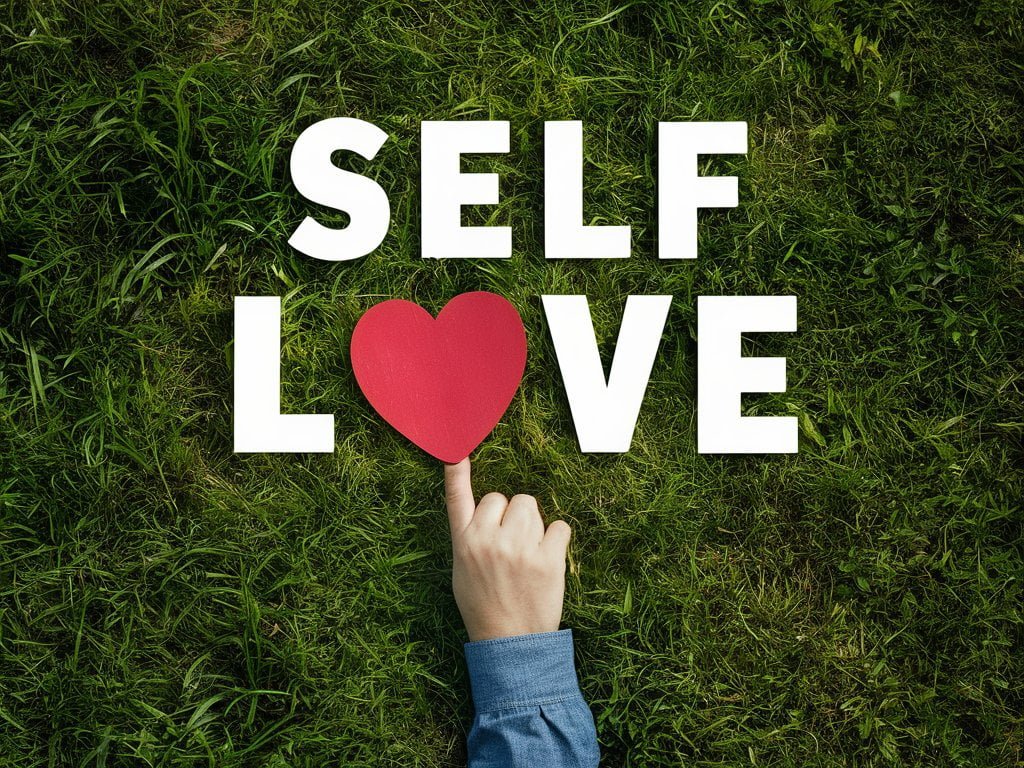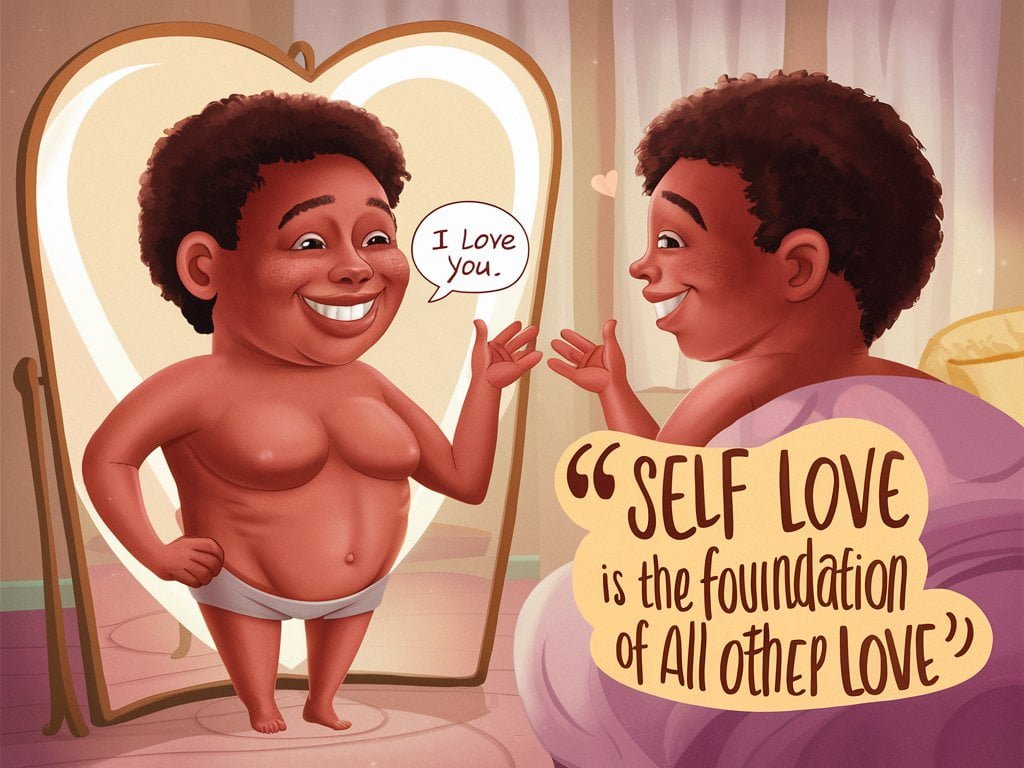Share This Article

Self-love or self-compassion is something that is important and that we should all have. How do you ensure that you develop self-compassion? In this article, compassion means the tender recognition of pain or stress combined with the desire to relieve or soothe it.
You can recognize pain and stress by accepting your limits as a human being. We all have our human limits and our personal limits that come from our personality, life experience, wisdom and more.
For example, a clear human limit is that everyone needs sleep on a regular and consistent basis. A slightly less clear limit is that we all need relaxation. Other examples could be the amount of savings you need to feel calm, your tolerance for grumpy people, the patience you have for slow drivers. We all have our own human limits or boundaries.
Some people find it difficult to accept our personal and human limits. They prefer not to be limited at all in what they do. And the desire to have no limits comes from several sources. A common source is that people confuse limits with weaknesses . Or put another way, some people believe that having limits or boundaries makes them somehow weak or incapable. And therefore they deny the existence of their borders. But denying your boundaries doesn’t improve your self-esteem, it leaves you without self-compassion.
Also Read: 4 Reasons To Indicate Your Limits

By recognizing that you have boundaries, you can recognize when these boundaries are crossed and that you will have to deal with emotions as a result. For example, if your limit is that you need a short break every time after 4 o’clock and you have worked a whole day without this break, then you know that it is logical that you are exhausted after this day.
When you understand that this is only logical and certainly not weak, you can look at the next component of self-love: tenderness. If you want to gain compassion for yourself, you must first accept that your stress and pain are a logical consequence of you going beyond your limits. By recognizing, accepting and allowing your boundaries or limits and being tender to yourself, you acknowledge your stress.
Another part of recognizing your limits is giving yourself permission to accept your limits as they are here and now. Your limits are not what you want them to be or what you think they should be. Some limits, like how much sleep you need, you simply can’t change.
Try to practice being alert to your body when you cross a line, when you go beyond your limits. Noticing and accepting that you have crossed a boundary instead of criticizing yourself for having a boundary at all. When you are exhausted after a day of work without a break, recognize that you are not tired because you are incompetent, but because you have gone over your work-break limit.
Also Read: 4 Reasons To Indicate Your Limits
Self-compassion lies in the fact that you have the ability to recognize that you are in pain or stress and that this needs attention. Recognizing your human boundaries or limits allows you to justify your pain and stress and to do something about this pain.
You too are capable of becoming a self-compassionate person. Know that every body has its limits, you are no exception. So stop ignoring your limits and start taking care of your body.
P.S. Are you already following Gistinger.com on Facebook , Instagram and Twitter?


